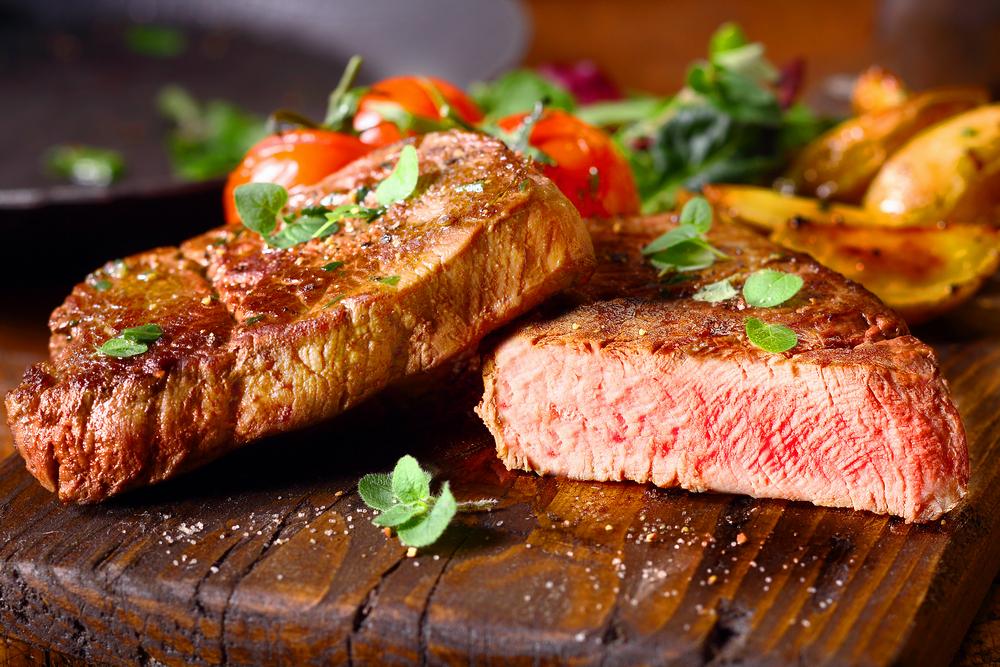
Eat to Beat Weight Loss
A lean body can be a sign of health but it is a concern if you are underweight due to poor nutrition, health concerns or pregnancy. Nutrition plays a major part in weight gain. The solution is not to eat, eat and eat because you will get flabby results instead of a healthy weight gain.
It is essential to eat a healthy diet and develop a plan to increase or maintain ideal weight.
Tips for eating to best weight loss
Eat more calories
Eating calories is one of the most significant ways to gain and maintain weight. You should take more calories than the body burns to notice a difference. Calories are units of energy and taking more makes the body to have an excess. It will store the excess calories in liver cells and muscle after conversion to a complex carbohydrate called glycogen. When glycogen stores fill up, the body stores the energy as fats.
You gain weight steadily by taking 300-500 calories over what you burn. If you aim at quick weight gain, start taking 700-1000 calories beyond the necessary maintenance level. A calorie calculator will help you to determine the appropriate per day or take estimates as energy needs vary by hundreds of calories. It will not be necessary to count calories all your life but the first few days or weeks require the use of calorie calculator to determine how many calories you eat.
Eat frequent meals
An underweight person feels full faster. You should eat five to six small meals during in the day instead of two to three large meals. When your intention is to gain or maintain weight, you should make every bit to count. There is nothing bad about taking a snack during the day. It increases the daily calories intake but can only be helpful when you eat healthy snacks. Some of the great ideas for a snack include avocado, yoghurt, cereal and nuts.
You can also make a bedtime snack made up of healthy components such as:
- Jelly sandwich and peanut butter
- Sliced vegetables and cheese or lean meat
- Wrap sandwich with an avocado
See Best Nursing Writing Company reviews by our customers and writers. We are among the best rated company in providing nursing services.
Eat nutritious foods
Gaining weight does not mean eating fatty foods. You need to take nutrient-rich foods. Some of the healthy foods to consume as part of a healthy diet are cereals, pasta and while grain-bread. Fruits, vegetables, lean protein sources, dairy products, nuts and seeds are also an essential part of a nutrient-rich diet.
Drink smoothies and shakes
It is better to drink smoothies or healthy shakes with fruit and milk instead of taking coffee, soda and other low-calorie beverages without much nutritional value. In some instances, a dietician may recommend a liquid meal replacement.
Avoid drinks before meals
Drinking fluids before a meal can suppress the appetite. If this occurs to you, it is better to drink higher calorie beverages as you eat a meal or snack. You can also drink a beverage half an hour after a meal if you do not feel like taking it together with a drink.
Enjoy occasional treats
You could be underweight but it is important that you avoid excess fat and sugar. Treats such as an occasional slice of pie with an ice cream is good but the treats should be a healthy provider of nutrients. Granola bars, bran muffins and yoghurt are excellent choices.
After reaching your ideal weight, you can maintain it by eating an equal measure of calories every day for several weeks. You should try to maintain your activities at a fairly consistent level if you will eat the same number of calories. Make sure that you take your weight at least once a week in the morning on an empty stomach or every morning and calculate the weekly average.
It will help you to monitor your progress.

